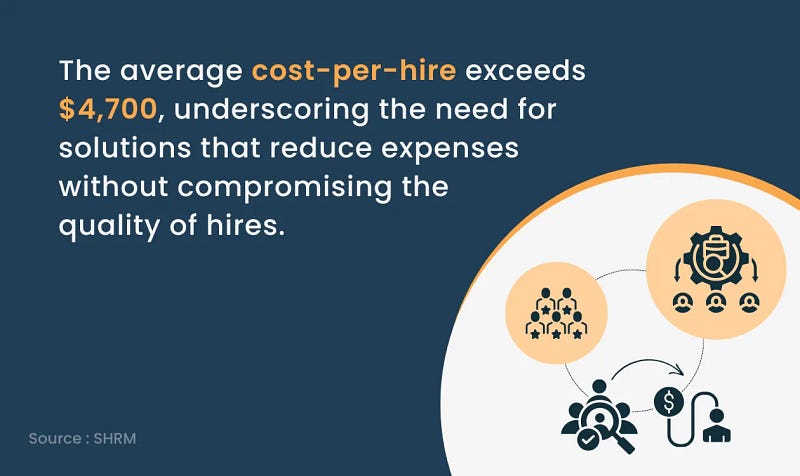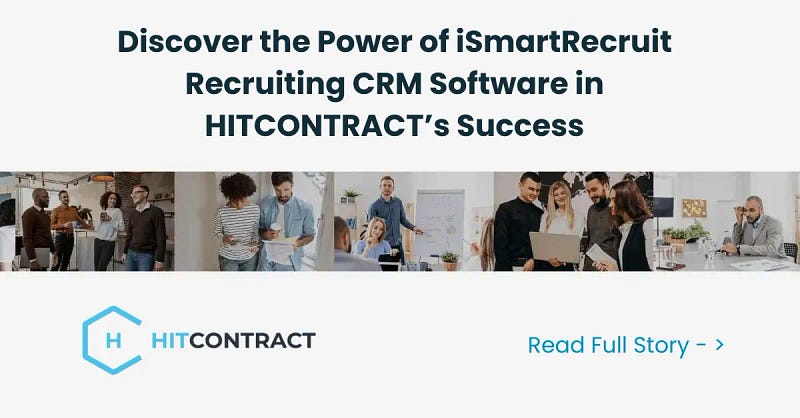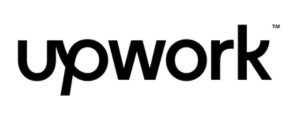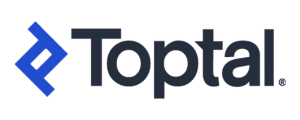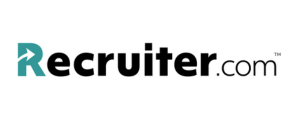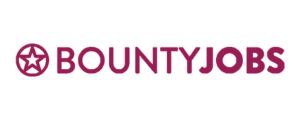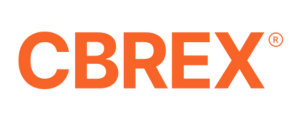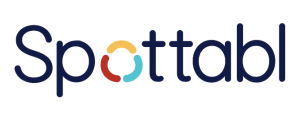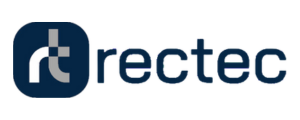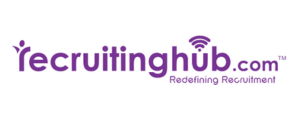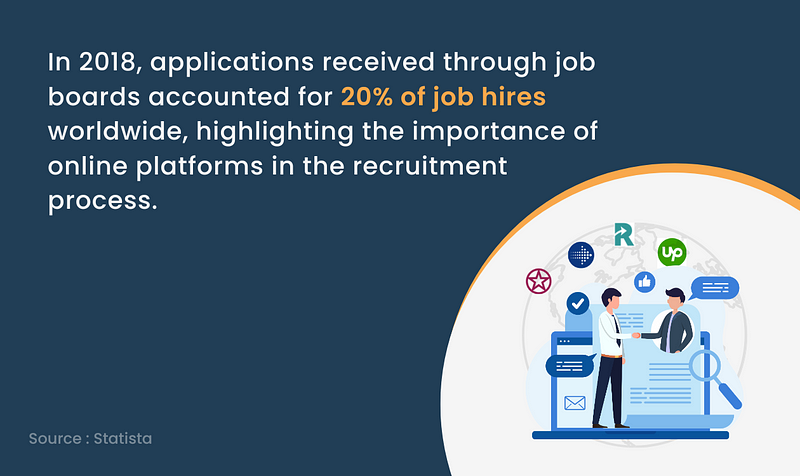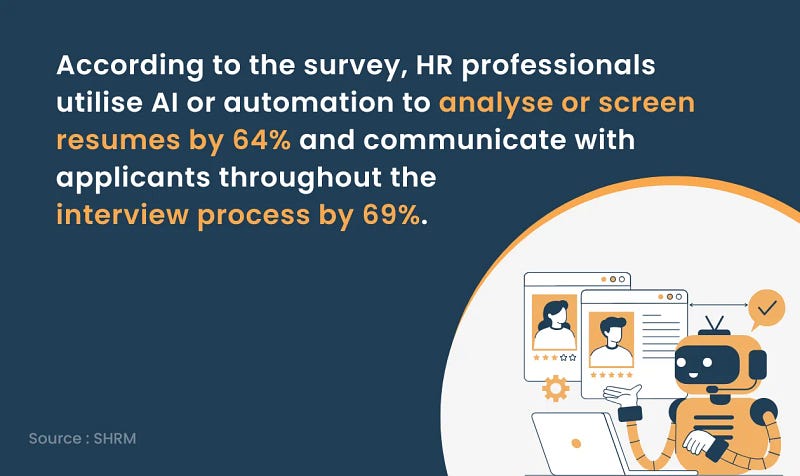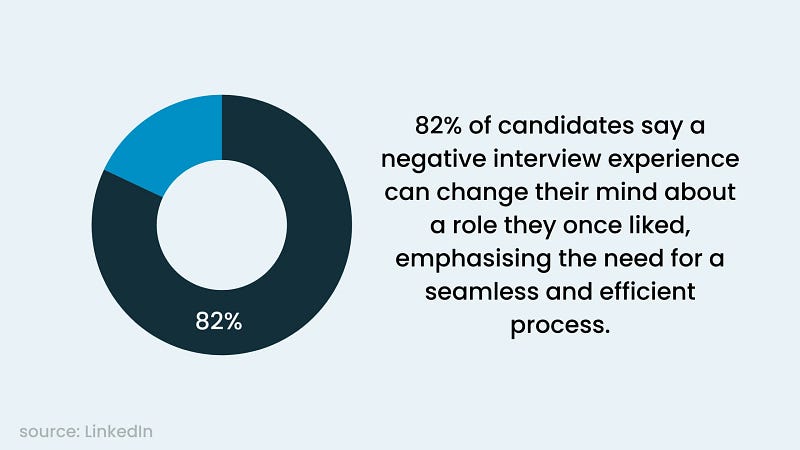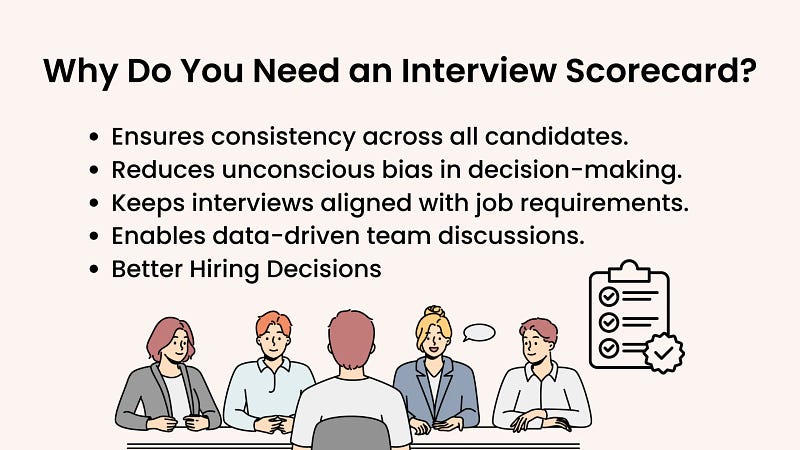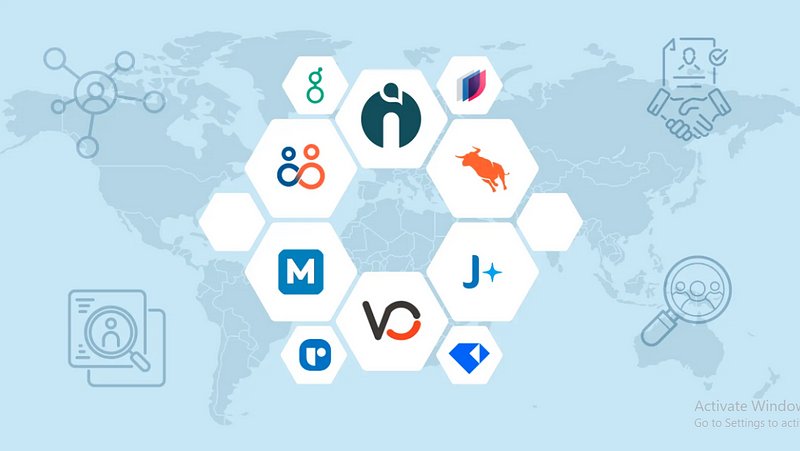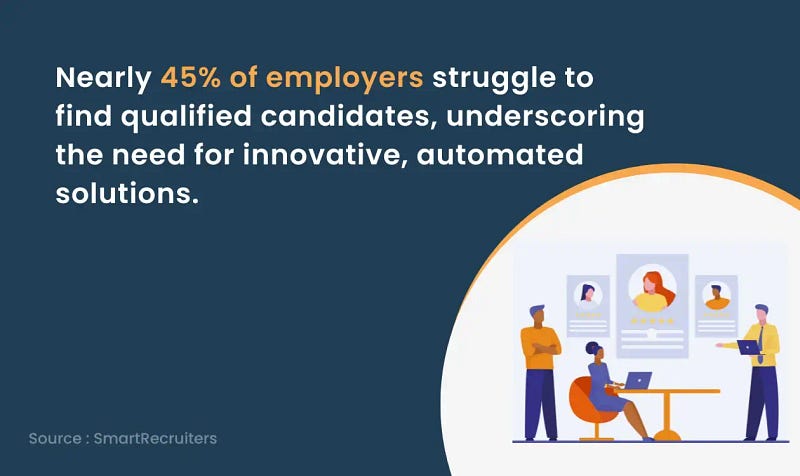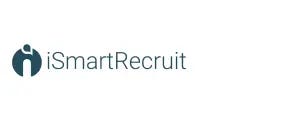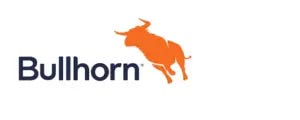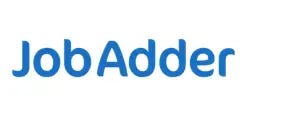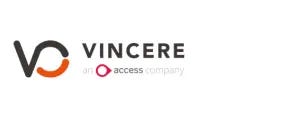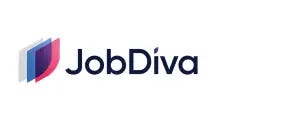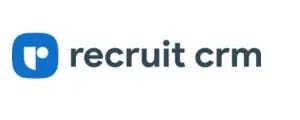
Recruitment podcasts have changed the way how HR professionals, recruiters, and people interested in hiring learn about the industry. Although podcasts have existed since 2004, they only became popular in recruitment around the mid-2010s. What began as a way to share stories and talk about specific topics has become a valuable resource for sharing knowledge, trends, and practical advice relevant to the hiring process.
Podcasts provide a unique mix of convenience and interaction — they allow you to learn while you’re moving, whether travelling, getting your morning coffee, or unwinding after work. For those in recruitment, these audio tools have become essential for keeping up in a constantly changing field.
Why Listening to Recruitment Podcasts Matters
Recruitment podcasts offer more than just audio content; they serve as valuable resources for professional development. They connect listeners with industry experts, provide actionable insights and present strategies that help recruiters hone their skills. Here are the main advantages:
- Convenient Learning: Podcasts enable professionals to learn while commuting or during downtime, making it simple to incorporate ongoing education into hectic schedules.
- Expert Insights: Many podcasts host industry leaders who discuss the latest trends, tools, and strategies, ensuring recruiters remain updated on field changes.
- Real-World Experience: Podcast hosts frequently share practical experiences and case studies that deliver actionable insights for enhancing recruitment strategies.
- Networking Opportunities: Participating in podcast communities creates networking possibilities, linking listeners with other professionals and experts in the industry.
- Affordable Development: The majority of podcasts are either free or low-cost, providing an economical way to gain valuable industry knowledge and enhance recruiting skills.
By consistently tuning in, recruiters can improve their strategies, stay informed about new trends, and foster professional growth.
In this list, we have mentioned the 12 best recruitment podcasts that offer new insights into hiring trends and strategies, encouraging you to reconsider your approach to talent acquisition. These podcasts are your ticket to gaining a competitive edge in recruitment, as they include expert interviews and practical hiring advice.
12 Best Recruitment Podcasts
- Chad and Cheese Podcast
- High Volume Hiring Podcast
- Mike Ames Recruitment Shows
- Recruiter Startup Podcast
- Recruiting Better
- Recruiting Brainfood
- Recruitment Mentors Podcast
- The Recruitment Network
- The Resilient Recruiter
- Recruiting is No Joke
- HR Happy Hour Podcast
- Recruiting Future Podcast
Explore The Best Recruitment Podcasts
To help you find a hiring success podcast that matches your interests and needs, we’ve compiled a list of some of the top recruitment podcast options available.
1. Chad and Cheese Podcast
The Chad and Cheese Podcast, often called “HR’s most dangerous podcast,” offers a candid look at the world of recruitment. Hosted by Chad Sowash and Joel Cheesman, the show is famous for its blend of bold humour, helpful industry tips, and honest opinions. It covers everything from analysing new recruitment ideas to questioning common HR methods. This podcast is perfect for professionals who want to stay informed and entertained with a good laugh.
Start Date: Early 2010s
Episodes Released: 500+
Frequency: Weekly, with additional series like “Firing Squad” and “The Shred.”
Where to Listen: Website, YouTube, Spotify, Apple
Popular Episode: Revolutionising Recruitment: Insights from Unleash 2024 with Gerry Crispin
Key Takeaway: This episode delves into the dynamic world of recruitment, discussing challenges, technology, DEI, and more.
2. High Volume Hiring Podcast
If expanding your recruitment efforts seems overwhelming, the High Volume Hiring Podcast is here to help you succeed. Co-hosted by Steven Rothberg and Jeanette Leeds, this podcast addresses the challenges of high-volume hiring, providing practical solutions and expert insights. The hosts explore everything from improving recruitment processes to developing effective marketing strategies, delving into the intricacies of mass hiring. Each episode aims to equip recruiters and employers with actionable advice and real-life stories from those who excel in hiring at scale.
Start Date: Early 2007
Episodes Released: 80
Frequency: 15 days
Where to Listen: Spotify, YouTube, Apple
Popular Episode: Recruitment Marketing Strategies for High-Volume Hiring | ep75
Key Takeaway: This recruitment marketing podcast talks about some of the more unusual high-volume hiring challenges faced and how, therefore, one can overcome those challenges.
3. Mike Ames Recruitment Show
The Mike Ames Recruitment Show is an invaluable resource for anyone wanting to establish a top-notch recruitment firm. With years of experience and a solid history of growing businesses, Mike Ames shares insights that go beyond the basics. This podcast is ideal for those who want to enhance their strategies, embrace cutting-edge tools, and maintain a competitive edge in the industry. From quick tips that yield immediate results to in-depth explorations of recruitment trends, the content is designed to cater to the varied needs of recruitment professionals.
Start Date: Early 2014
Episodes Released: 155
Frequency: 15 days
Where to Listen: YouTube, LinkedIn, Apple, Spotify
Popular Episode: AI & Recruitment 2024 Best Practice & The Next Big Thing/ ep14
Key Takeaway: This recruitment podcast dives deep into the trends we’ve seen around AI implementation by recruiters and where he thinks the next big thing will come from.
4. Recruiter Startup Podcast
If you aspire to create a successful recruitment business, the Recruiter Startup Podcast is your go-to resource for industry insights. Hosted by Dualta Doherty, this show delves into the best practices for launching, scaling, and managing thriving recruitment firms. With interviews from industry leaders across the globe, the podcast uncovers the intricacies of agency recruitment and provides practical strategies for achieving success. Whether you’re a newcomer or a seasoned professional, this recruiting podcast delivers invaluable lessons from top experts in the field.
Start Date: Early 2015
Episodes Released: 26
Frequency: 15 days
Where to Listen: YouTube, LinkedIn, Spotify, Apple
Popular Episode: Inside London’s Top Executive Search Firm with David Angel
Key Takeaway: This fascinating podcast delves into the differences between retained and contingent search. It highlights the importance of a well-defined process and a reputation built on trust to achieve successful client outcomes.
5. Recruiting Better
Recruiting Better is a podcast designed for ambitious recruiters eager to elevate their skills and build meaningful relationships with clients and candidates. Hosted by Ben Browning, a seasoned recruitment and sales trainer, the show provides actionable strategies to position yourself as a trusted advisor in the recruitment world. Each episode dives into practical topics, offering insights on improving sourcing techniques, client engagement, and leveraging modern tools like AI. With a wealth of knowledge tailored for forward-thinking professionals, this podcast equips listeners to navigate the evolving recruitment landscape with confidence and integrity.
Start Date: Early 2020
Episodes Released: 26
Frequency: 1 month
Where to Listen: Spotify, LinkedIn, YouTube, Apple
Popular Episode: Mastering AI in recruitment to enhance sourcing and improve client engagement with Reiss McNally
Key Takeaway: This episode took the journey from a traditional headcount-driven model to integrating AI and automation, transforming Molecular Search into a talent consultancy.
6. Recruiting Brainfood
Recruiting Brainfood Podcast is a goldmine for recruitment professionals who seek deep, thought-provoking discussions on the industry’s latest challenges and trends. Hosted by Hung Lee, this podcast stands out for its unique approach to dissecting recruitment strategies and technologies. With industry leaders as guests, every episode promises fresh perspectives and actionable insights for those passionate about hiring. Whether it’s automation, data-driven recruitment, candidate experience, or diversity, the podcast equips listeners with the knowledge to innovate and lead.
Start Date: Early 2017
Episodes Released: 348
Frequency: 7 days
Where to Listen: Crowdcast Link, Youtube Link, Apple, Spotify
Popular Episode: Brainfood Live On Air Ep210 How TA Leaders Are Using ChatGPT and GAI
Key Takeaway: It is a great episode on How TA Leaders Use ChatGPT and Generative Artificial Intelligence. All this and more, as he tried to crystallise the thinking about AI for TA Leaders.
7. Recruitment Mentors Podcast
For recruiters looking to enhance their skills and reach new heights, the Recruitment Mentors Podcast offers a motivating resource. Hosted by Hishem Azzouz, this podcast combines practical tips, real-life stories, and valuable insights from leading recruiters. It’s not just a podcast; it’s a community where emerging professionals can gain knowledge from those who have excelled in the field. Each episode acts as a masterclass in the art and science of recruitment, covering subjects from personal branding to creative hiring techniques.
Start Date: Early 2013
Episodes Released: 175
Frequency: 15 days
Where to Listen: YouTube, LinkedIn, Apple, Spotify
Popular Episode: Cracking the U.S. Market: Expert Insights for Recruiters with Sophie Reed
Key Takeaway: This recruitment podcast discusses practical insights for recruiters looking to expand, including key challenges, market dynamics, and how to maximise the potential overseas.
8. The Recruitment Network
The Recruitment Network is an essential podcast for recruitment leaders looking for inspiration and practical insights to boost their business performance and profitability. Hosted by TRN, the show features expert interviews and collaborative discussions that allow industry leaders to share their knowledge and exchange innovative ideas. James Osborne often leads conversations that explore specialised topics such as market trends, technology adoption, and team management, while other episodes include engaging question-and-answer sessions with recruitment professionals. With an emphasis on positivity and actionable advice, this podcast equips listeners to navigate the complexities of the recruitment industry and achieve sustainable growth.
Start Date: Early 2016
Episodes Released: 55
Frequency: 15 days
Where to Listen: Website, Spotify, YouTube, Apple
Popular Episode: The Impact of AI on Recruitment Marketing
Key Takeaway: This session delves into the comprehensive report on “The Impact of AI on Recruitment Marketing” that has been recently launched, drawing insights from a survey conducted earlier this year.
9. The Resilient Recruiter
The Resilient Recruiter is an engaging podcast designed for recruitment professionals looking to advance their careers and businesses. Hosted by Mark Whitby, a well-respected recruitment coach with over twenty years of experience, this podcast explores the key principles and practices contributing to success in the recruitment field. Each episode features enlightening discussions with industry leaders, revealing their strategies, habits, and mindsets that have led to significant accomplishments. Whether you’re a solo recruiter or a business owner seeking to grow, this podcast provides practical advice to help you develop resilience and achieve your objectives.
Start Date: Early 2011
Episodes Released: 182
Frequency: Weekly
Where to Listen: Website, YouTube, Apple, Spotify
Popular Episode: Systems That Scale: How To Grow From Solo Practice to Successful Team, with Amanda Brandenburg
Key Takeaway: This episode will clear the following questions: How do you prepare your business to be growth-ready? What key factors must you consider when adapting your business model and processes and hiring the right people when building your business? What would be the biggest challenge when scaling your recruitment business?
10. Recruiting is No Joke
Recruiting is No Joke is an engaging podcast hosted by Joel Lalgee, a prominent recruitment leader and coach with extensive experience developing personal brands and marketing strategies for recruiters. This weekly livestream show features top talent leaders from around the globe, sharing fresh and candid insights on the latest trends, challenges, and innovations in recruitment. With a focus on AI, global talent pipelines, and the changing hiring landscape, the podcast offers valuable knowledge for recruitment professionals looking to stay ahead in the competitive talent acquisition arena. Joel’s lively discussions equip listeners with practical strategies and inspiring stories from some of the industry’s finest.
Start Date: Early 2019
Episodes Released: 85
Frequency: Weekly
Where to Listen: Spotify, YouTube, Apple
Popular Episode: Talent Acquisition in 2025 and Beyond — Live from RecFest USA 2024 Part 2 | #83
Key Takeaway: In this episode, you’ll hear unfiltered insights on how these leaders use AI to revolutionise sourcing, build global talent pipelines, and address the ever-changing recruiting landscape.
11. HR Happy Hour Podcast
The HR Happy Hour Podcast is an essential show for professionals seeking a wider perspective on HR and recruitment. This long-standing podcast, hosted by Steve Boese and Trish McFarlane, combines insights on HR technology with discussions about workplace culture and industry trends. It is a space where innovation intersects with practical advice, making it a favourite among HR leaders and recruiters. The conversations are diverse and engaging, covering a range of topics from employee engagement to recruitment technologies.
Start Date: Early 2009
Episodes Released: 400+
Frequency: Weekly
Where to Listen: YouTube, Spotify, Apple
Popular Episode: How HR Tech is Revolutionizing the Candidate Experience | ep365
Key Takeaway: This recruitment podcast explores how cutting-edge technologies are creating personalised and seamless experiences for candidates.
12. Recruiting Future Podcast
Stay at the forefront of recruitment with the Recruiting Future Podcast, hosted by the knowledgeable Matt Alder. This podcast thoroughly examines the evolving world of talent acquisition, discussing innovations, challenges, and opportunities. Featuring a blend of solo episodes and interviews with experts, Matt addresses intricate topics such as employer branding, automation, and diversity in recruitment. Whether you work in-house or at an agency, this podcast gives you the insights needed to thrive in a fast-paced environment.
Start Date: Early 2016
Episodes Released: 500+
Frequency: Weekly
Where to Listen: Spotify, Apple, YouTube
Popular Episode: How AI is Shaping the Future of Talent Acquisition | ep412
Key Takeaway: This episode discusses the transformative role of AI in recruitment, highlighting both opportunities and challenges.
Keep Learning While Listening to Recruitment Podcasts!
Recruitment is constantly changing, and to stay ahead, you must keep learning and thinking in new ways. Recruiting podcasts is a great way to learn more without wasting too much time. Whether you want new hiring ideas, engaging talks, or expert advice, these podcasts are handy tools.
So put on your headphones, hit play, and let these best recruitment podcasts give you your next great idea. Remember, each episode is a chance to learn, improve, and get better at recruitment — all while listening!
Originally published at https://www.ismartrecruit.com.













